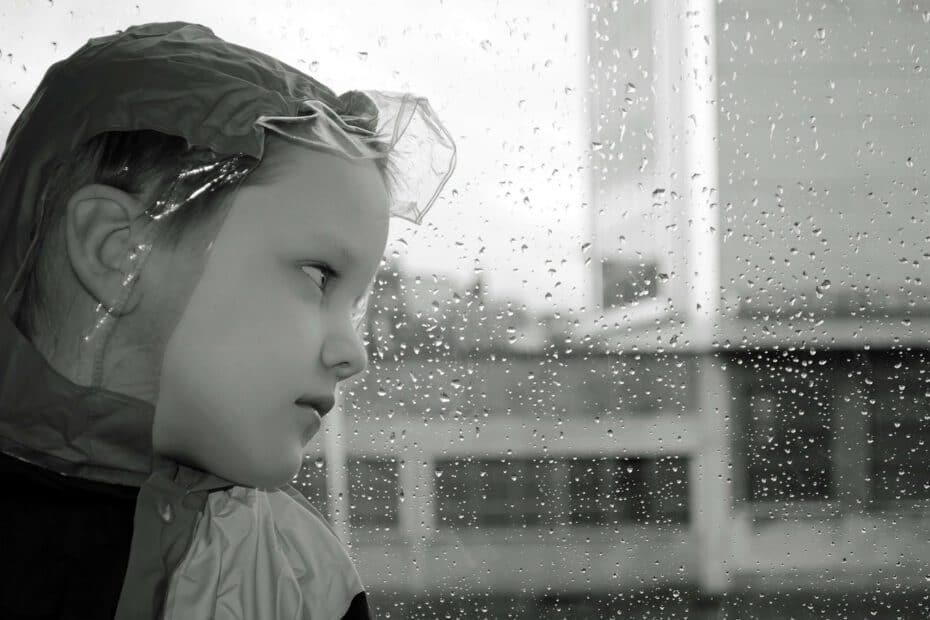Attention Deficit Disorder (ADHD) sometimes appears at a young age and is often difficult to notice. After all, children are by nature, full of energy and a need to move. It's easy to get them to lose concentration. So when does the need arise to diagnose ADHD in children and how do you know that this is the right step? Well, when this behavior becomes a daily routine, there is a suspicion of the existence of an ADHD that takes over the child's entire day.
All about diagnosing ADHD in children
The diagnosis of ADHD in children focuses on three types of ADHD:
- Attention Disorders – In this situation, the child has difficulty concentrating, paying attention to details, remembering certain instructions, finishing tasks that have begun, and more.
- Hyperactivity/impulsivity disorder "As her name implies." This disorder affects children so that they act without thinking, run fast and have difficulty finding balance and peace.
- Combined Disorder – Imagine the above 2 together, and you will get a combination of restlessness and the need to perform actions quickly and thoughtlessly.
The initial diagnosis is usually made by a person who accompanies the child professionally, such as a kindergarten teacher or teacher, and even the parents, who suspect that there is indeed a disorder. Since these are disorders with a neurological basis, the full and comprehensive diagnosis can only be obtained from a psychiatrist or neurologist.
The diagnosis itself includes a behavioral background about the child from an educational and social perspective, with the data collected by the parents and the staff accompanying the child. In addition, a clinical examination is performed to assess functioning, along with the detection of developmental and mental difficulties in order to rule out accompanying mental disorders (depression and anxiety, for example). Ultimately, a physical examination is performed to rule out physical illnesses, as well as supplementary tests to check the levels of concentration, attention, and impulsivity.
Factors Affecting ADHD in Children
It is usually a combination of environmental factors and genetics, but even today it is not unequivocally clear what is the main cause of development Attention Deficit Hyperactivity Disorder (ADHD) Among children and adults. However, it is important to pay attention to the symptoms and familiarize yourself with the family genetics, since the diagnosis of ADHD in children is critical to raising their quality of life and maintaining it early in life.
Children with ADHD usually experience difficulties in learning, social, sleep problems, and more. All of these make his daily routine very difficult. Therefore, the child's behavior should be closely monitored at various points in his or her routine and the disorder should be identified at an early stage that allows the child to learn to adapt to it and live in peace with it. If you also suspect that your child suffers from ADHD, seek a professional diagnosis as soon as possible and come and provide him with the high quality of life he deserves; No difficulties in school, a long and continuous night's sleep, the ability to complete tasks successfully, and a healthier and calmer daily routine.


